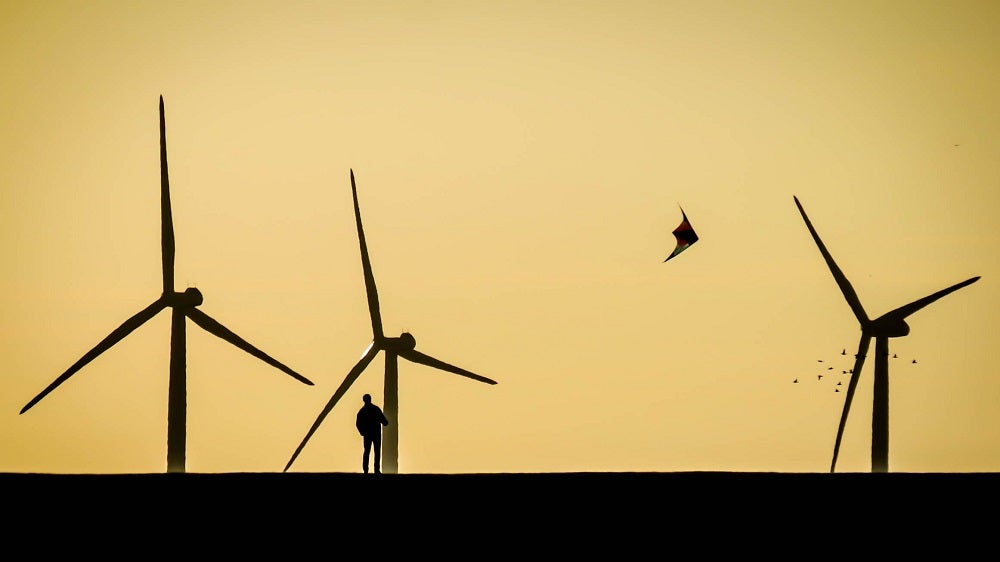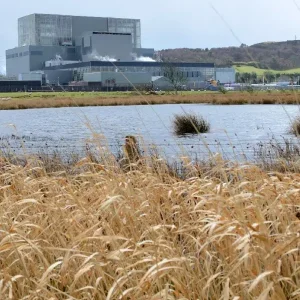
Governments have an opportunity to deliver “systematic change” across the energy industry and accelerate the clean transition as they put together spending plans to boost the recovery from coronavirus.
According to the International Renewable Energy Agency (IRENA), a short-term doubling of energy transition-related investments to $2tn per year would unlock private sector investments of three to four times that amount – boosting global GDP by 1% over the next three years and creating 5.5 million new jobs in the process.
And for every million dollars spent on renewables, three times more jobs would be created in the sector than in fossil fuels.
A report published by the organisation today (14 June) outlines a set of recommendations to policymakers around the world on how to link short-term economic recovery from the pandemic to long-term climate goals.
These include safeguarding the construction of renewable energy projects delayed by coronavirus through deadline extensions and penalty waivers, creating policies and investment for decarbonised heating and cooling infrastructure, and making bailouts for energy firms contingent on meeting renewable targets.
“Governments have a profound opportunity to set in motion a lasting shift in the global energy mix and allow the world to reap the multiple benefits of a cleaner energy system,” the analysis notes.
Short-term focus on energy transition will create momentum to change the shape of the industry post-coronavirus
In April, IRENA set out a longer-term framework for achieving a sustainable recovery – setting an “ambitious yet realistic” target of $130tn investment into the energy transition by 2050.
Today’s report focuses on a shorter timeframe, and the more immediate actions that can be taken to set the tone of the global recovery.
“Now is the time to invest in a better future”, said IRENA director-general Francesco La Camera. “Government policies and investment choices can create the necessary momentum to enact systemic change and deliver the energy transformation away from fossil fuels.
“Driving a structural shift towards cleaner energy systems and more resilient economies and societies is more urgent than ever. Most of all, this is a global agenda, and we must leave no one behind.”
Raising public and private transition-related investments to $4.5tn per year by the end of this decade would grow global GDP by 1.3% annually, the report notes, creating 19 million new jobs in the sector.
Message echoes IEA’s sustainable recovery recommendations
IRENA’s recommendations follow the release last week of the International Energy Agency’s (IEA) Sustainable Recovery Plan – an analysis conducted alongside the International Monetary Fund to present governments with a framework by which to develop economic recovery plans aligned with the decarbonisation of the energy sector.
The IEA suggested an overall capital injection of $3tn over the next three years would boost global economic growth by 1.1% annually, save or create nine million jobs each year, and reduce yearly greenhouse gas emissions across the energy industry by 4.5 billion tonnes by 2023.
Aside from direct investment, IRENA’s analysis advises a reform of fossil fuel prices and the retirement of carbon-intensive energy assets will be needed to promote a sustainable recovery, as well as localised policies to transform the labour market and equip it with the skills required to drive the transition.
La Camera added: “Renewables have proven to be the most resilient energy sources throughout the current crisis. This evidence should allow governments to take immediate investment decisions and policy responses to overcome the crisis.”






